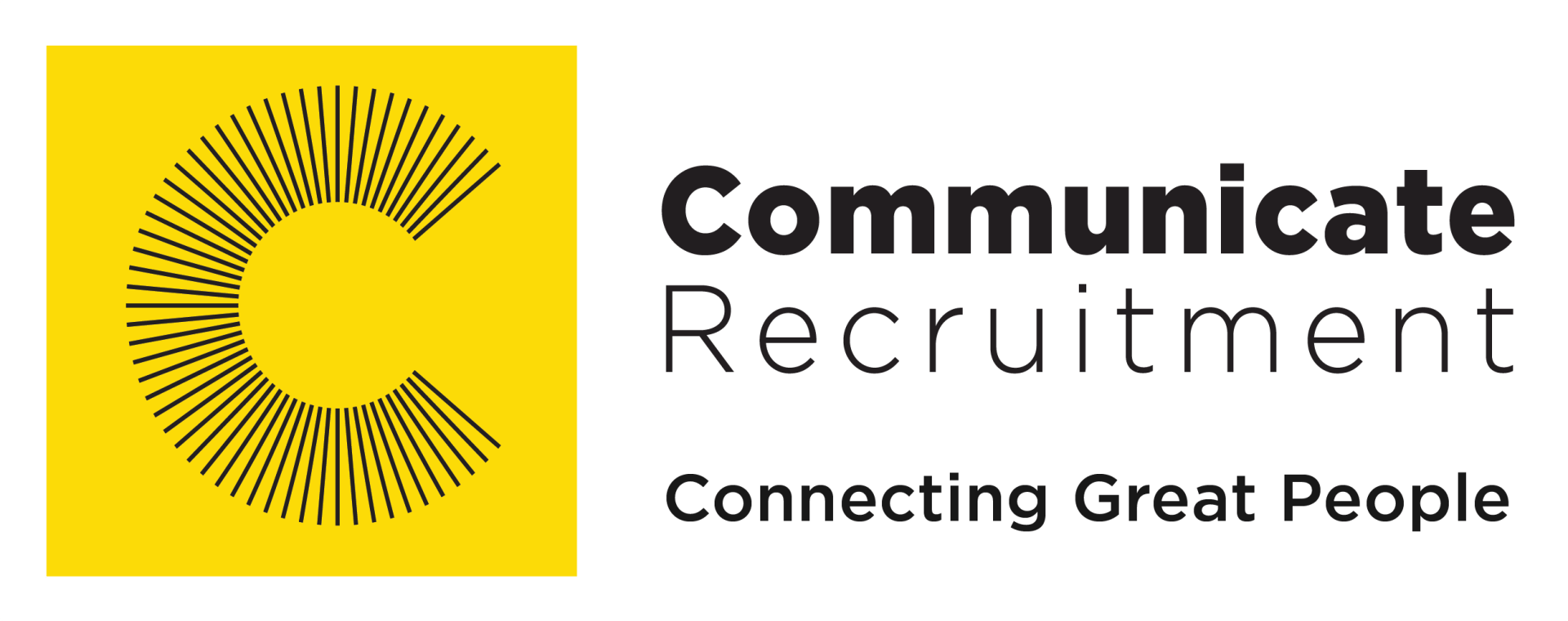So you just graduated, how much are you expecting to earn?
Read time - 02:28
Getting a degree in South Africa is hard but earning a living is even harder. The reality is, you can have a degree and still end up unemployed or worse severely underpaid. But what are the causes that lead graduates to be underpaid after securing their hard-earned degrees?
Let's find out:
It could be your tertiary institution of choice
Yep, it's true! Not all tertiary institutions are created equal and your potential employer may judge you on that. Students from different institutions get different starting salaries. MyBroadband did qualifications and salary survey and which revealed that graduates from the University of the Witwatersrand earn the highest average starting salaries, followed by graduates from the University of Cape Town, Rhodes University, and the University of Pretoria.
So maybe your tertiary institution of choice is to blame?
Well, not everyone thinks so, including MD of Communicate Recruitment, Werner Saayman. He reckons this is not all accurate – although it is true, some universities do have a good reputation for degrees in certain faculties, for example, UKZN for Accountants, Tuks for Doctors et al. He has personally never paid a premium for a graduate based on their university of study.
Here's an average of what graduates get paid depending on the tertiary institution they went to
It could be your qualification
Data from Analytics, a data and earnings consultancy firm, shows that Engineering and Information Technology graduates can expect higher salaries than those from other fields. For example, the average starting salary for a person with an Engineering or IT degree is R19,180 and a meagre R6,612 for Humanities graduates.
But not everyone who has an Engineering degree will get this much. Remember David Lekomanyane who graduated with a Bachelor of Technology degree in Mining Engineering at the University of Johannesburg in 2015, earning R2,000 because he did not have experience? It's a catch-22 faced for many graduates.
Here's an average of what graduates are paid depending on their qualification:
Expectations problems
There is an incompatibility between qualifications and labour market skills required. (MacGregor, 2007) argues that there could be a problem regarding the expectations of companies and what graduates bring to the table and we all know that a company will not pay you any more than what they think you are worth.
However, our MD - Werner Saayman thinks that the challenge for most graduates is in applying the knowledge gained in tertiary at the workplace. A white paper from the University of North-West confirms this. It reckons most graduates are not prepared for the workplace regardless of having a tertiary qualification.
What you should do
A young South African who gets and keeps their first job for 12 months or more, has an 85% chance of being employed for the rest of their lives, this is according to the Development Bank of South Africa. So stick with that internship programme until the end and give it your best shot.
You need not change your career just because others seem to be making more money than you are. The last thing you want is to waste 30 years in a career that you have no interest in just to earn a high salary that will eventually overprice you out of the market in relation to your peers.
Communicate Recruitment Connects Great People with Great Careers in Engineering, Finance, IT, Freight and Contracting throughout South Africa. Visit our website to find out how we can assist you in finding your next job opportunity.





